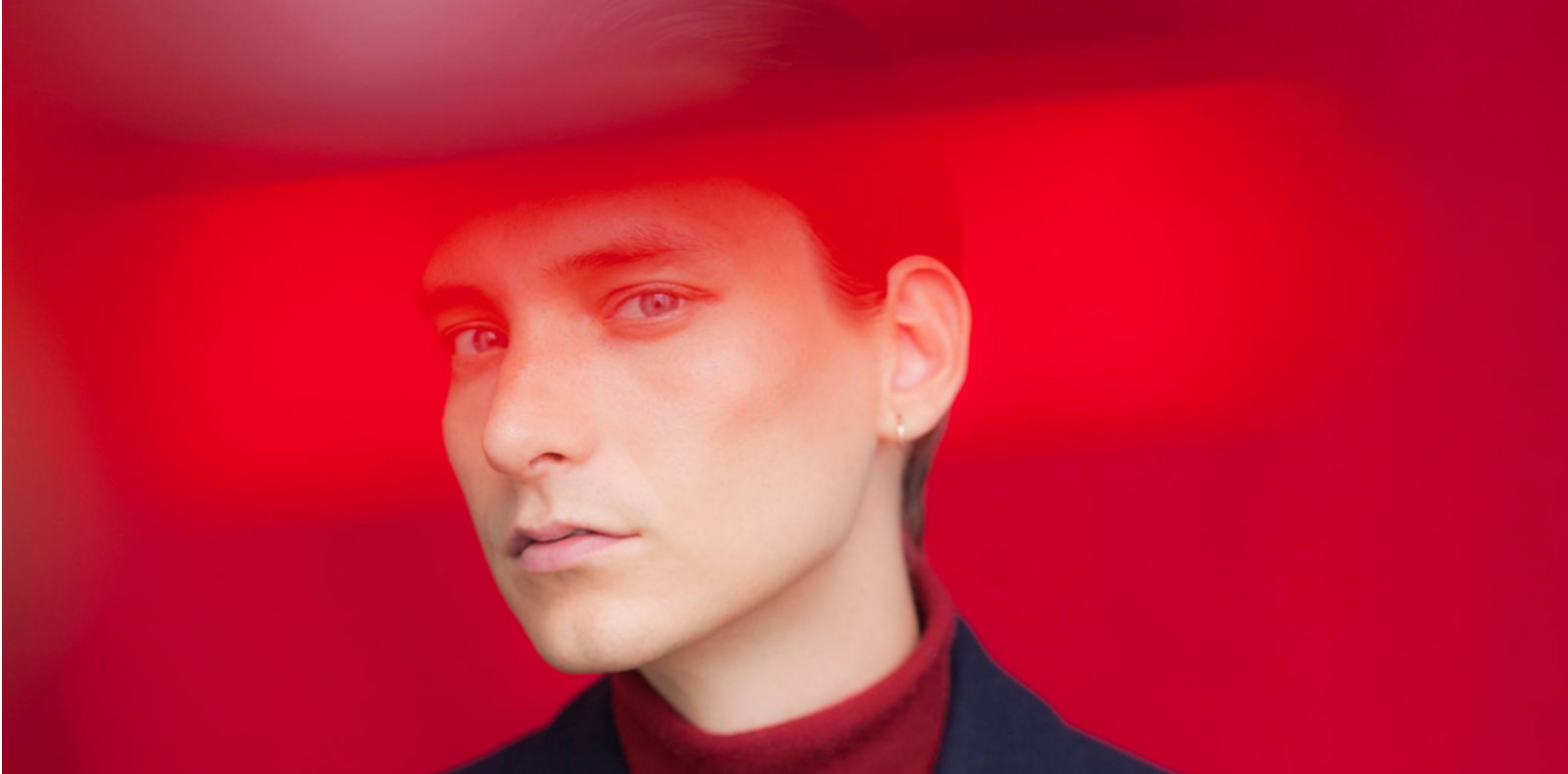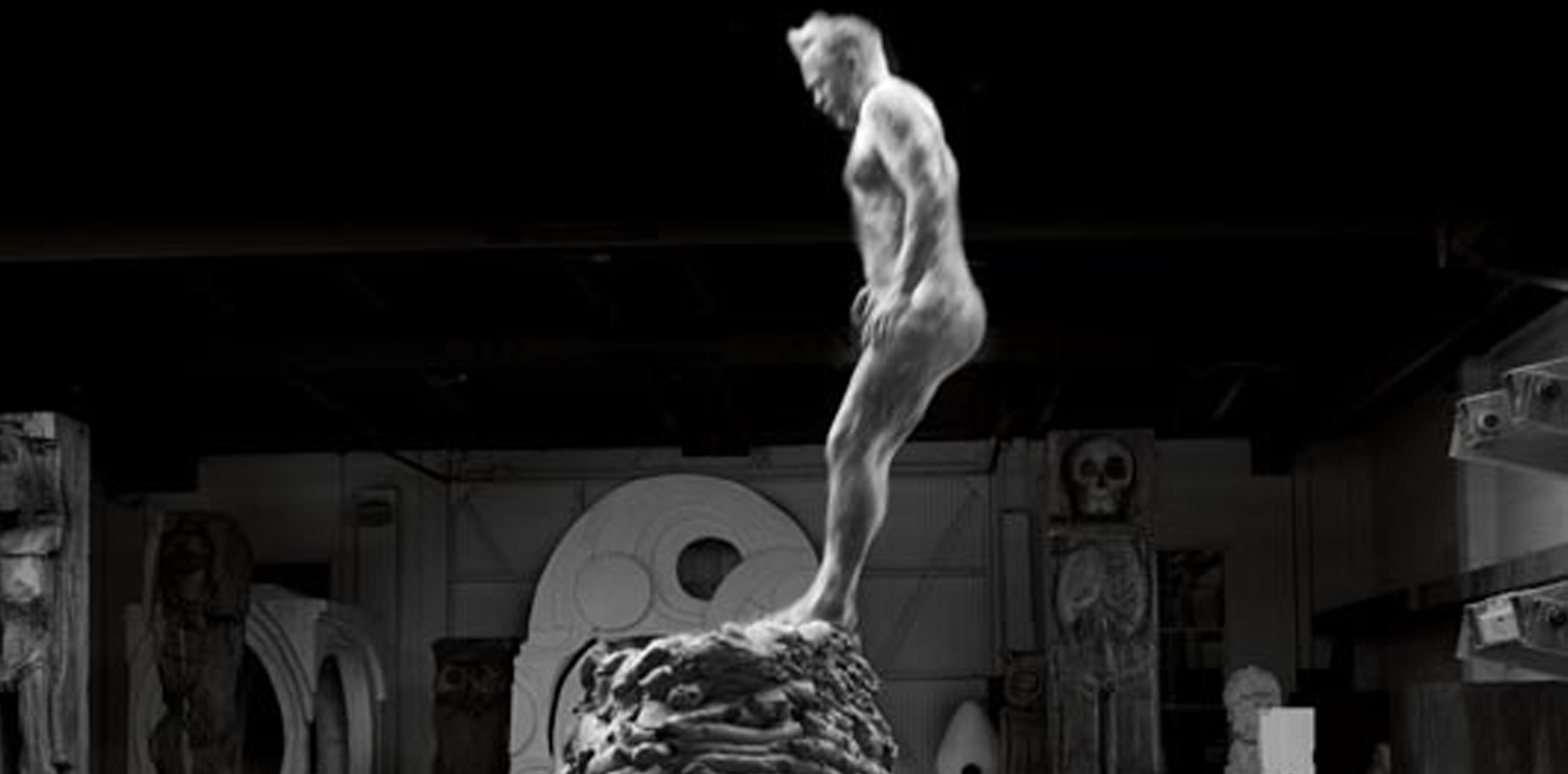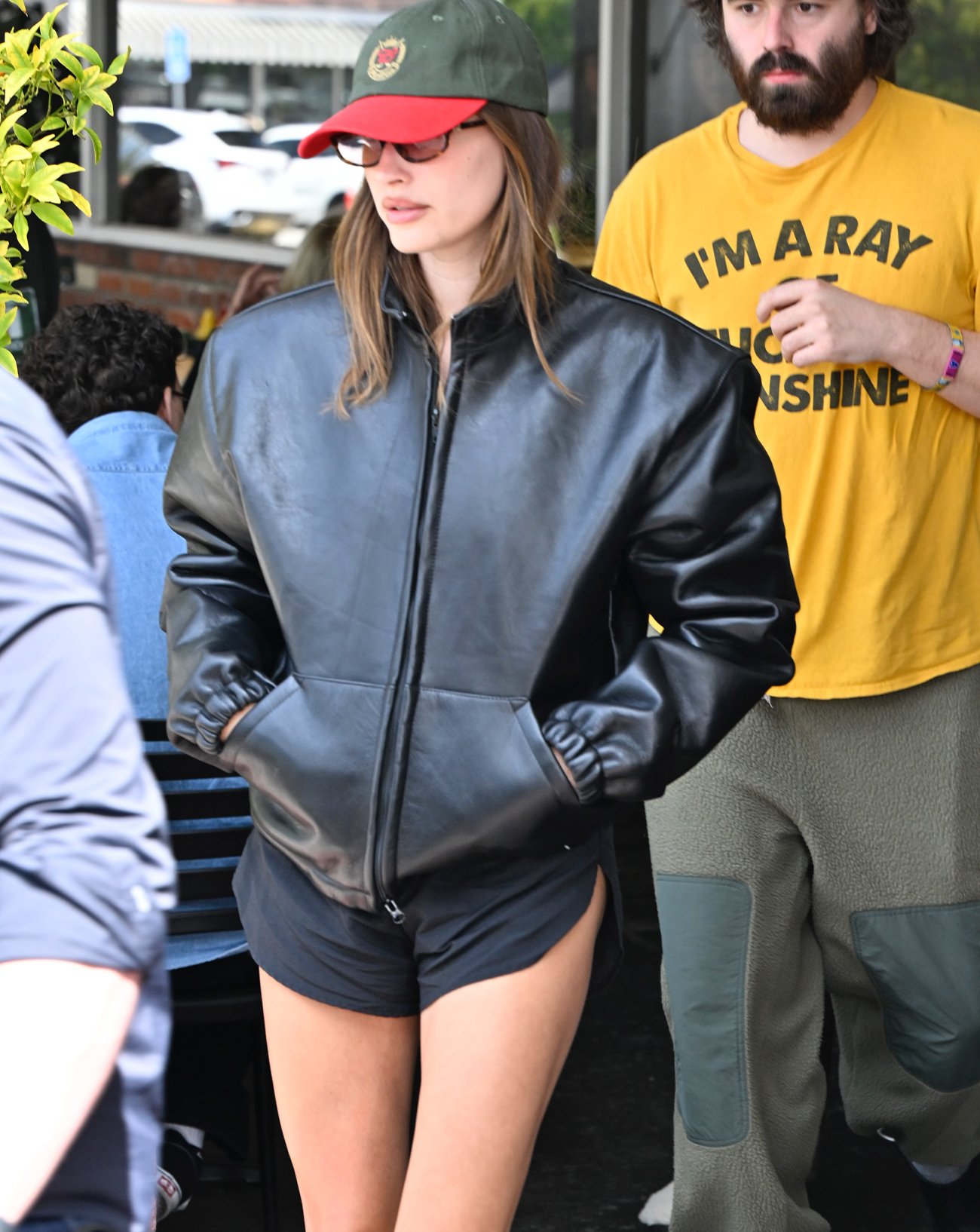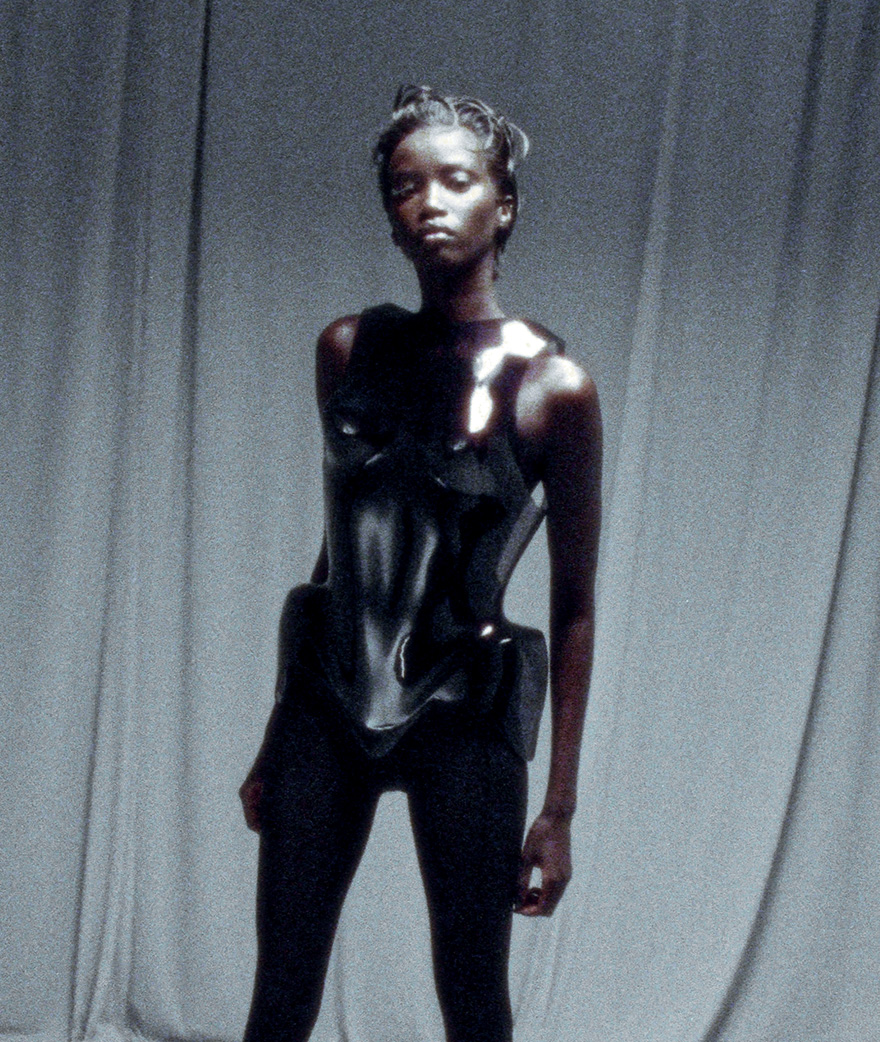
7

7
Who is Thomas Azier, the darkly romantic electro artist?
Dutchman Thomas Azier composes electronic music with an incandescently dark romanticism. Now he’s launching a second album, Rouge.

Provoke a powerful desire, that’s what an artist can, or should, achieve. And Thomas Azier, as much through his music as his personality, certainly succeeds. Born in an era when irony and the absence of sincere emotions – replaced by the internet and its perpetual spirit of derision, real TV etc – the young musician has built himself up in reaction. Because he has only ever known a world removed from emotion, he is more vulnerable to experiencing this lack and this want. Proudly he defends a need to express the state of his soul, his experiences and his most intimate dreams. And above all to communicate to his public a thirst to show his true colours.
“I assume my feelings and the search for beauty even if that might seem very literal. My romanticism is neither nostalgic nor reactionary, quite the contrary.”
While his electronic music has known some passionate lyrical flights, his tracks retain a certain pop levity. However they are distinguished by some special 80's reminiscences that give them a cool sensuality: new wave and industrial music are never far away, though Thomas Azier somehow manages to keep them at a distance while imposing his own resolutely contemporary and much more complex constructions. Every track is thus a long narrative. ““I assume my feelings and the search for beauty,” Thomas Azier tells us at the launch of his last album, “Even if that might seem very literal. My objective is to combine this approach with a new exciting sound. My romanticism is neither nostalgic nor reactionary, quite the contrary. I’m aware that there’s a sort of naivety in my approach, and I try to preserve it. Just like I try and keep the dark beauty I perceive in the world and that nourishes my music.”
When he talks, his slender face and diaphanous skin sends us right back to the aphrodisiac singer with Depeche Mode, Dave Gahan, in the eighties. The analogies are not just musical. “I’ve always lived in a vacuum, in strange little Dutch towns that you might easily have found in a David Lynch movie. And then came the internet, which when used right does have its good sides. And I discovered the rap on 36 Chambers by the Wu-Tang Clan. I started getting lost in this new limitless world I suddenly had access to. I started building myself more and more, breaking away from my immediate environment. Then I left.” Leaving his backwater he ended up in Berlin where his music flourished. The city however he struggled to fully accept, comparing it to Sodom and Gomorrah, corrupting and attractive. But it is undoubtedly because he feels forever foreign everywhere in the world that Thomas Azier is able to perceive the troubled state of things with such acuity.
"We’re always copying the Anglo-Saxons, and it strikes me as vain. I say “we” because I am part of a movement that , from France to Germany via Benelux, has something different to say, something sincere and just as legitimate.”
The depth of his music owes a lot to an attraction for an exacting artistic creativity: from the Warp label and the cult group Portishead, whose bassist produced his friend Anika’s album, to the work of Portuguese poet Fernando Pessoa and films by Hungarian Béla Tarr. “It took me more than five years to work out not only how to do music but also to learn the classics, to be able to offer something else. Creation has no sense if its not producing something new. We’re always copying the Anglo-Saxons, and it strikes me as vain. I say “we” because I am part of a movement that , from France to Germany via Benelux, has something different to say, something sincere and just as legitimate.” We’ll call that a dark and bewitching romanticism.
MORE: And the best album of 2017 goes to… Sampha
WE RECOMMEND: Depeche Mode: 10 things you might not know about the cult band














